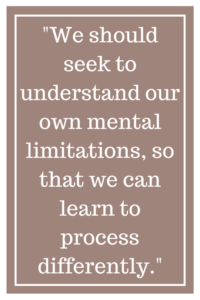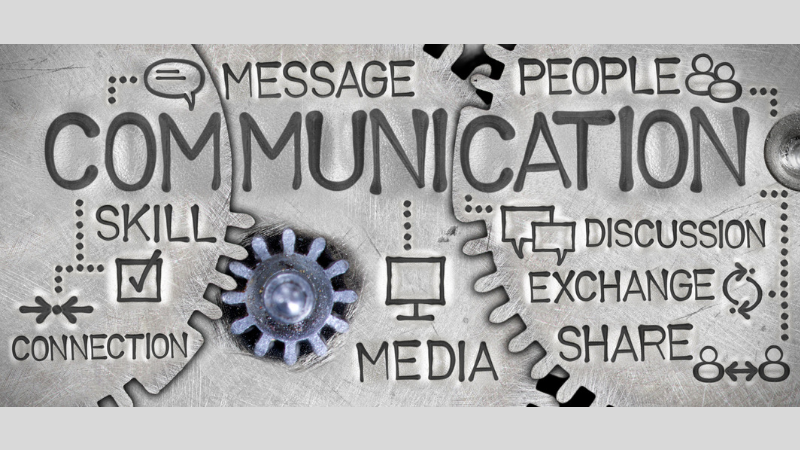The way our mind works and processes is so fascinating to me, but sometimes it works against us and creates harmful patterns. We should seek to understand our own mental limitations, so that we can learn to process differently. One of the destructive patterns I see in relationships is a distorted thought pattern that perceives people as good/bad split. I have experience working with this in my marriage and family counseling practice and sadly, I have been guilty of it myself.
This good/bad split filter is when someone is focused on the negatives about that person or the relationship. When a spouse gets upset with their partner for not doing something that they asked of them, they begin to think on all the bad. They do a rap sheet in their mind of the mistakes and flaws of that person. This is so destructive, because this alters the offended spouse’s mood and they become reactionary in the relationship and retaliate to hurt. It feeds this vindication monster. Parents of teens are sometimes guilty of this pattern. They focus on the things their teen is doing wrong in their mind and become excessively critical out loud to their kid. This mindset says that person never does this or always does that. It is irrational and far from the truth.
There needs to be a healthy balance mindset. People need to be realistic and recognize that the people they are in relationship with have both positive and negative personal traits, habits, and behaviors. There needs to be an acceptance of imperfection and allowances made for the relationship.
 Here are some practical steps to redirect your thought patterns.
Here are some practical steps to redirect your thought patterns.
Remind yourself your brain lies to you and tricks you. We have an emotional side and reasonable side. If we get stuck in the emotional brain, our feelings get carried away and drive our behavior. We try to reason with our emotions.
Refocus to gratitude and seeing the whole person. List out their positive traits, successes, decisions, and character. Think on what he/she does right and less on what they do wrong. Be thoughtful on the problem and not the person. If you focus on the problem, you are less likely to be thinking about how bad this person is.
Mindfulness is intentional and deliberate to switching your thinking and allows you to be more present in what is happening and less on the autopilot thinking developed from the past relationship offenses. Mindfulness helps you with emotion control. Thus, you are able to acknowledge the emotions and be reasonable at the same time. The result is improved intimacy and relationship growth
Other articles you may be interested in:
- There’s Healing in Authenticity by Anna DeBose Hankins
- Staying Positive Through The Hard Times by Alice Crawley
- Must it be ‘Either – Or’? by Kristin Kaufman
- Experiencing Grace in Business by Dolores Garza












